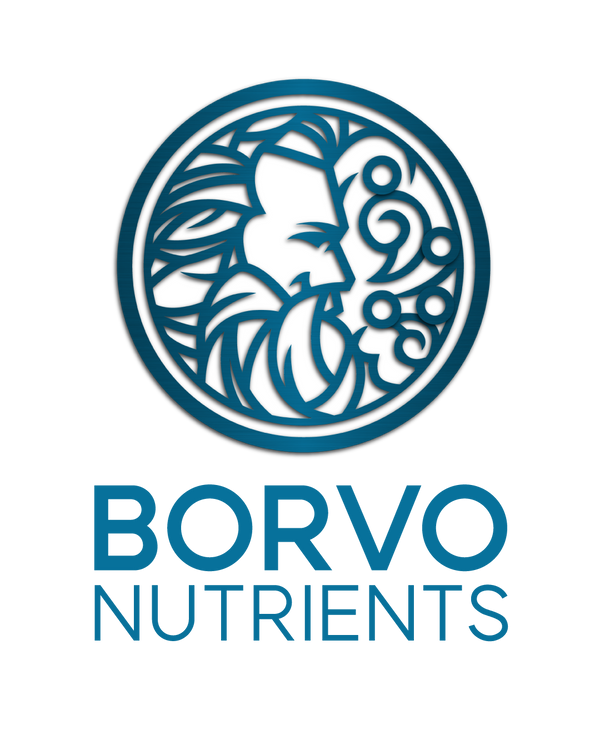Benefits of magnesium supplementation
Share
Benefits of taking magnesium
While magnesium actually has too many benefits to list we will go through some common problems which supplementing magnesium can help with significantly.
Stress and headaches
Stress is a major factor in five out of six leading causes of death in the western world, heart disease, cancer, stroke, respiratory disease and accidents. Up to ninety percent of visits to your gp are directly related to stress related issues. The body has many negative reactions to stress, some examples would be,
- Heart and blood pressure increase to supply blood to your brain.
- Blood pressure rises as glycogen, fat and muscle are broken down by adrenalin for the production of energy.
- Blood is diverted from your gut to skeletal muscles for reaction to the false fight or flight response you are constantly feeling. Magnesium plays a part in each of these reactions.
- Rising blood pressure can cause hypertension when the walls of your blood pressure spasm, this is counteracted by magnesium.
- When your blood sugar rises insulin will pull glucose into your cells to produce energy, without magnesium your cells will not be able to absorb the glucose. People with diabetes typically are also low or deficient in magnesium.
- When large muscles are low in magnesium increased blood circulation to counteract it can cause muscle cramps, irritability and restless leg syndrome.
Another common problem caused by stress are headaches and migraines, headaches are also a very common symptom of magnesium deficiency. Stress causes a build up of tension running through the neck, shoulders and upper back muscles. Magnesium will relax these muscles releasing tension and remove headaches caused by the deficiency. Magnesium is also effective in treating other types of headaches such as migraines and PMS headaches as it relaxes blood vessels and allows them to dilate, reduces spasms and constrictions which cause migraines and regulates inflammatory substances which cause headaches and migraines.
Migraine action survey
65% of respondents stated that magnesium have helped ease their migraine symptoms.
Insomnia
Insomnia is is a sleep disorder caused by poor quality of sleep, this can be broken into the following.
-
Having trouble getting to sleep.
-
Waking during the night and being unable to get back to sleep.
-
Waking earlier than desired and being unable to get back to sleep.
Similarly to magnesium good quality sleep is required for a huge variety of processes in your body and a lack of sleep or low quality sleep can give many symptoms such as.
-
Feeling tired or worn out
-
Lack of energy, motivation and enthusiasm.
-
Difficulty concentrating.
-
Mood swings, irritability and aggression.
-
Forgetfulness.
-
Increased likelihood of accidents while driving or working.
-
Depression.
-
Insomnia is a widespread sleep disorder, up to 50% of people report having symptoms occasionally.
-
Around 10% of people have experienced chronic insomnia.
-
Insomnia is more likely to affect elderly adults.
-
Insomnia is more common in adults who have children.
-
People who use excessive amounts of stimulants such as caffeine are more likely to have insomnia.
Unlike magnesium over the counter medicines are a poor treatment for insomnia, they often leave undesirable side effects and lead to poor quality sleep.
Insomnia is a common symptom of magnesium deficiency.
Low magnesium levels will lead to restless poor quality sleep and waking during the night.
Taking magnesium before bed relaxes the body allowing you to get to sleep and then putting you into a deeper and more sound state of sleep.
Magnesium is essential for the production of GABA, a neurotransmitter which promotes sleep.
Cholesterol
People often associate consumption of saturated fat with elevated levels of cholesterol in the body. Contrary to popular belief the majority of cholesterol is made in the liver each day. For your liver to produce cholesterol it requires an enzyme called HMG-CoA reductase, magnesium is required to slow the production of this enzyme which will regulate the production of cholesterol. Statins the drugs typically prescribed to people with high levels of cholesterol actually work in the exact same way by slowing the production of the enzyme though unlike magnesium statins completely stop the process and cause numerous undesirable side effects.
